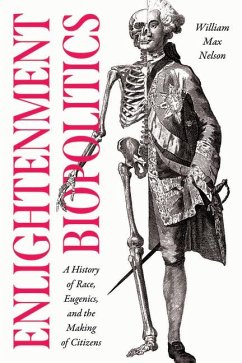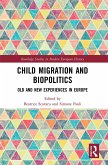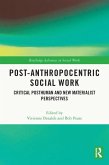"In Enlightenment Biopolitics, historian William Max Nelson pursues the ambitious task of tracing the context in which biopolitical thought emerged and circulated. He locates that context in the Enlightenment, when emancipatory ideals sat alongside the horrors of colonialism, slavery, and race-based discrimination. These did not just coexist, Nelson argues; they were actually mutually constitutive of Enlightenment ideals. Nelson focuses on Enlightenment-era visions of eugenics (including proposals to establish programs of selective breeding), forms of penal slavery, and spurious biological arguments about the supposed inferiority of particular groups. The Enlightenment, he shows, was marked by a proliferation of discourses on shaping, harnessing, and "organizing" the minds and especially the bodies of citizens. In his reading of the birth of biopolitics and its transformations over time, Nelson examines the often shocking conceptual and practical connections between inclusion and exclusion, equality and inequality, rights and race, the supposed "improvement of the human species" and practices of dehumanization"--








